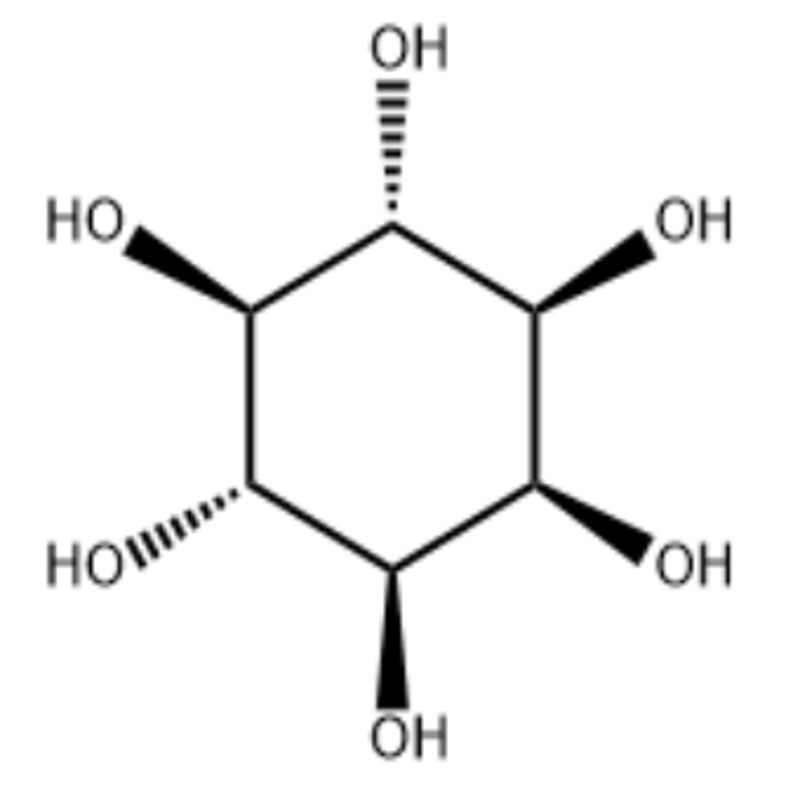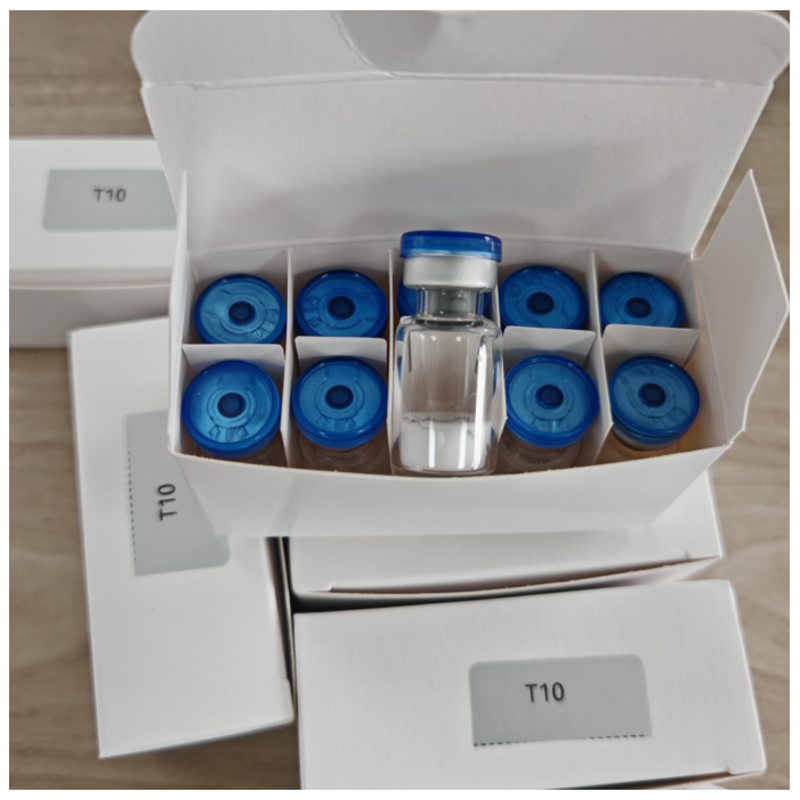-
Categories
-
Pharmaceutical Intermediates
-
Active Pharmaceutical Ingredients
-
Food Additives
- Industrial Coatings
- Agrochemicals
- Dyes and Pigments
- Surfactant
- Flavors and Fragrances
- Chemical Reagents
- Catalyst and Auxiliary
- Natural Products
- Inorganic Chemistry
-
Organic Chemistry
-
Biochemical Engineering
- Analytical Chemistry
-
Cosmetic Ingredient
- Water Treatment Chemical
-
Pharmaceutical Intermediates
Promotion
ECHEMI Mall
Wholesale
Weekly Price
Exhibition
News
-
Trade Service
Background: Type 2 diabetes (T2D) is a disease characterized by hyperglycemia, insulin resistance, and defective pancreatic beta cell function; this subtype accounts for approximately 90% of all diabetes cases
Metabolomics is a technique defined as the quantification of molecular metabolites in biological samples through high-throughput characterization
Furthermore, machine learning is a rapidly growing field that attempts to build algorithms by extracting suitable variables from large datasets to predict outcomes
Objective: To identify novel metabolic markers for future type 2 diabetes (T2D) in the Chinese Han population and to determine whether the combined effect of metabolic and genetic markers can improve the accuracy of predictive models incorporating clinical factors
Methods: A nested case-control study was conducted in the Wuxi NCD cohort, including 220 T2D events and 220 age- and sex-matched Chinese Han normoglycemic individuals, followed for 12 years
Results: We found that abnormal levels of five metabolites were associated with increased future risk of type 2 diabetes: riboflavin, cnidioside A, 2-methoxy-5-(1H-1,2,4-triazole-5- yl)-4-(trifluoromethyl)pyridine, 7-methylxanthine and mestranol
Figure 1 Boxplots of the levels of the five metabolites identified
Figure 2.
Conclusions: Abnormal levels of 5 metabolites were associated with future T2D in individuals with normal fasting glucose levels
Original source: Liu J, Wang L, Qian Y, et al.







